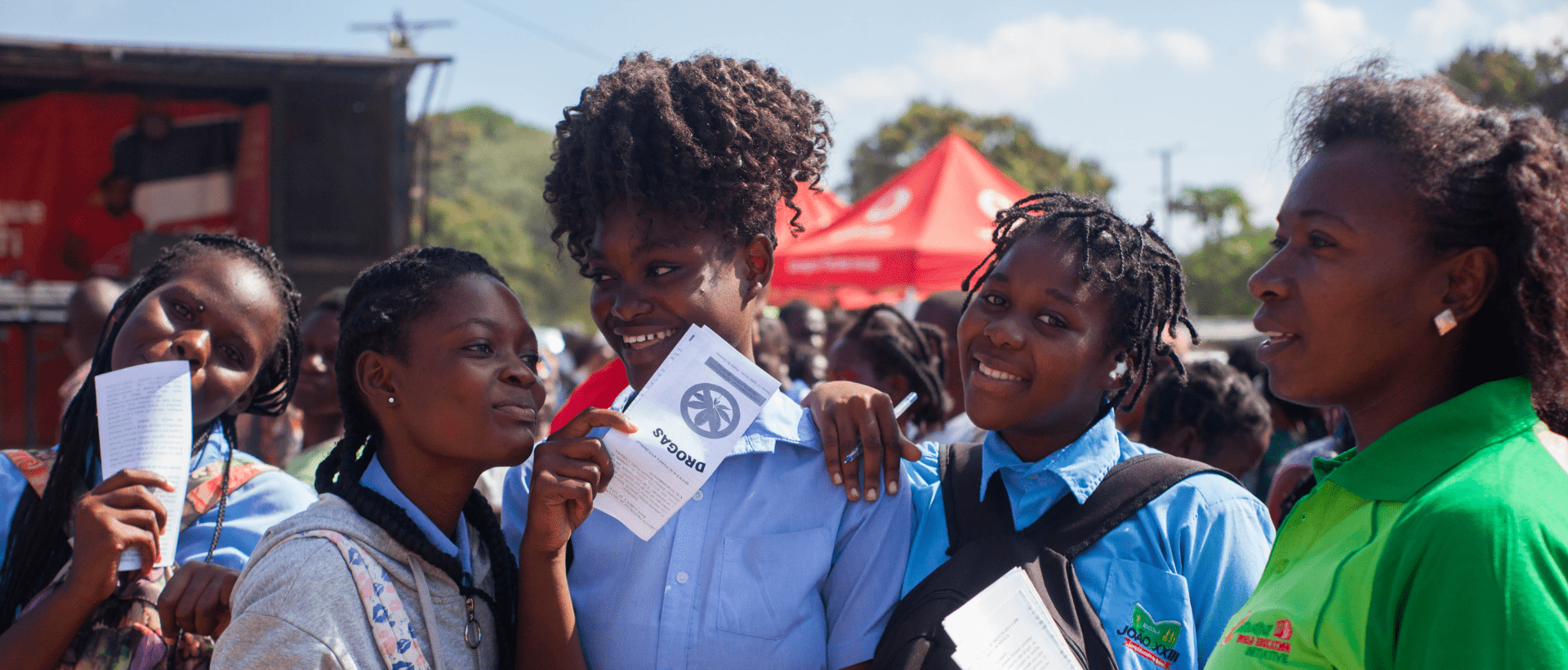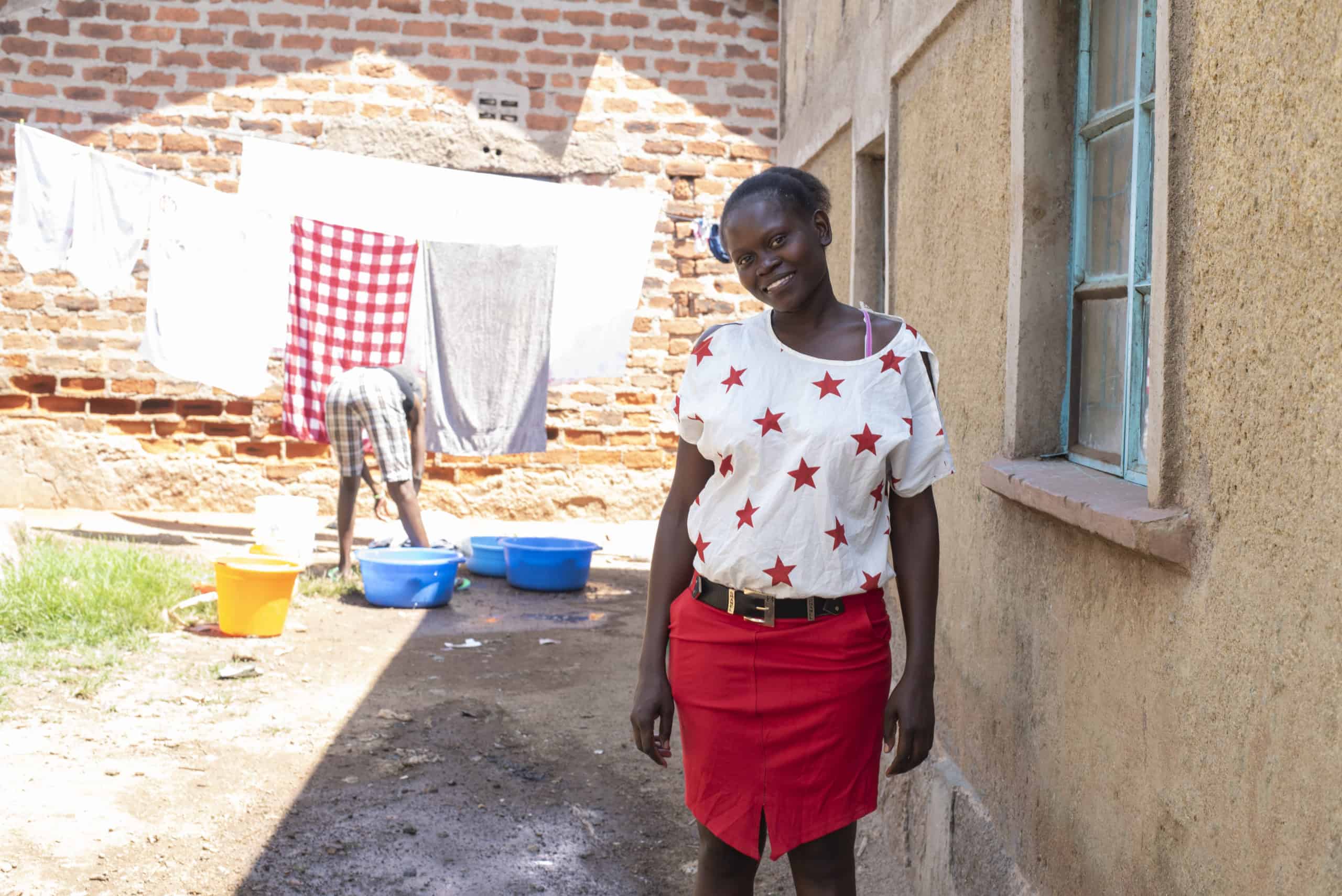Zimbabwe has experienced severe economic and political challenges, with key economic and well-being indicators declining drastically over the last two decades. In 2014, 72.3% of the population was living below the national poverty line and 44.1% were experiencing multidimensional poverty comprised of income poverty, low educational attainment, and poor health and standards of living. Among those most affected are adolescent girls and young women (AGYW) whose economic vulnerability increases their susceptibility to HIV, early marriage, and gender-based violence.
In response to these challenges, the Bantwana Initiative of World Education, Inc. (WEI/Bantwana) developed and piloted a comprehensive livelihood program to prepare vulnerable AGYW for jobs or self-employment, layered with linkages to essential health and social protection services. Building on the 2018 Zimbabwe Employment Market Opportunity Analysis, the Siyakha Girls model coupled life skills, job preparation, and financial literacy skills and social asset building with vocational training and practical internship experience. The pilot provided foundational skills to 61 young women, of whom 48 were selected based on aptitude for two-month technical skills training in one of three high-growth, male-dominated sectors: auto-mechanics, leather-working, and textile-manufacturing. Following a social asset building training to empower the young women with negotiation, communication, and other soft skills to cope with violence, pressure, discrimination, and stigma in the workplace, they completed eleven-week internships for hands-on practice and mentorship at formal and informal enterprises. WEI/Bantwana conducted a micro-value chain assessment and guided the AGYW through micro-value chain mapping to identify entry points and niche areas within their chosen local industries in Bulawayo.
96% of participants strongly agree that the skills acquired from the program have prepared them for the job market and making a living in the future. They also identified savings as a key benefit of the program, which enabled them to augment their income or to acquire start-up equipment (e.g., sewing machines for textile-manufacturing). By the end of the project, seven (15%) were employed full-time at their internship organizations; four (8%) had extended their internships; thirteen (27%) were starting their own individual or group businesses; and twelve (25%) were actively seeking employment.



